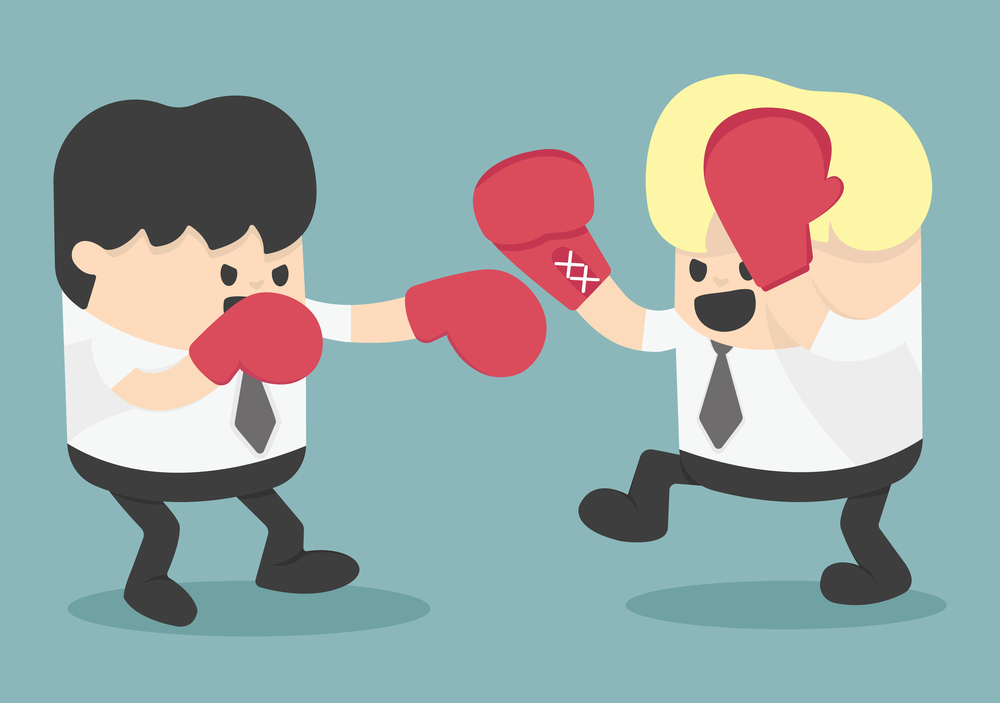Do Introverts Make Better Startup CEOs Than Extroverts?

“Who do you know that might be interested in what we’re doing?” I said to Chuck. Chuck was engineer I was introduced to by a friend of mine.
[Do you want to grow your business? Maybe I can help. Click here.]
“Oh, you should definitely talk to Richard. He’s one of the best engineers I know,” Chuck said.
“Great. Would you mind introducing us?” I said.
“Sure,” Chuck said.
Being an introvert is an advantage when you’re recruiting you’re team.
WebMd’s definition of an introvert is:
An introvert is a person with qualities of a personality type known as introversion, which means that they feel more comfortable focusing on their inner thoughts and ideas, rather than what's happening externally. They enjoy spending time with just one or two people, rather than large groups or crowds.
If that’s the definition of an introvert, then I guess I’m an introvert.
I do prefer small groups to larger groups or crowds. That’s great because you’re not recruiting large groups or crowds, you’re recruiting one person at a time.
So, maybe being an introvert is an advantage because I’m at my best in groups of one or two.
You do the same things extroverts do to recruit your team: You start by asking everyone you know for help.
That advantage extends to the basic work you need to do when you’re networking to find potential employees.
My conversations were usually one on one when I was recruiting, just like the one with Chuck. Chuck, who I was hoping would be interested in joining us, wasn’t interested, but I’d gotten in the habit of asking everyone I met if they knew some who might be interested in joining us.
About fifty percent of the time, the answer was “No, I don’t know anyone.” However, the other fifty percent resulted in more leads to follow up on. And, in the case of Chuck’s introduction to Richard, it resulted in us hiring a really good engineer.
Great startup CEOs come in all shapes and sizes.
Jim Collins, in his landmark book, Good to Great, tried to determine the qualities of the best CEOs. He called these leaders, “Level 5 Leaders.”
A Level 5 Leader is:
- Humble, modest and incredibly ambitious
- Often self-effacing, quiet, reserved and even shy
- They aren’t trying to become famous or earn recognition, they are simply trying to put forth great work to help transform their company
- Level 5 leadership is also about “ferocious resolve and a stoic determination to do whatever needs to be done to make the company great”
- These leaders “subjugate their egotistical needs to the greater ambition of building something larger and more lasting than themselves.”
Do these sound like the characteristics of just extroverted CEO? They sure don’t to me.
Let's go through each of Collins traits of Level 5 Leaders:
- Humble, modest and incredibly ambitious: Introverts and extroverts can both have these traits.
- Often self-effacing, quiet, reserved and even shy: Introverts and extroverts can be self-effacing. Introverts are more likely to be quiet, reserved or shy. Hmmm.
- They aren’t trying to become famous or earn recognition, they are simply trying to put forth great work to help transform their company: I don't see any reason introverts and extroverts can't have these traits.
- Level 5 leadership is also about “ferocious resolve and a stoic determination to do whatever needs to be done to make the company great": Again, I don't see any reason introverts and extroverts can't have these traits.
- These leaders “subjugate their egotistical needs to the greater ambition of building something larger and more lasting than themselves": Yet again, I don't see any reason introverts and extroverts can't have these traits.
If anything, introverts have a slight advantage versus extroverts. You can use your inherent advantage to build a great team.